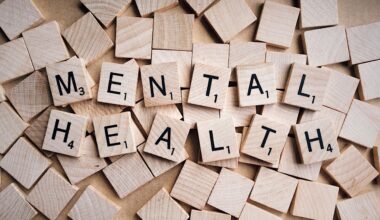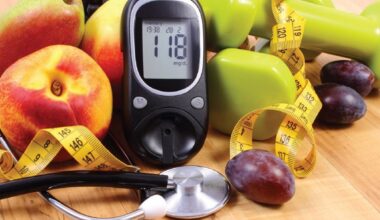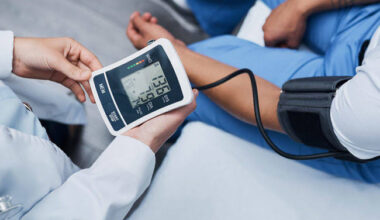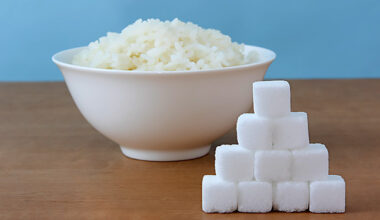Food poisoning is a common problem and can be dangerous if not treated properly. In this blog post, we’re going to provide you with tips on how to treat food poisoning. We’ll discuss the importance of drinking lots of fluids, getting rest, and watching for dehydration. Before that let’s look at the symptoms of food poisoning:
The most common symptoms of food poisoning are vomiting, diarrhea, and stomach cramps. These symptoms will usually start around 30 minutes after eating the contaminated food and will peak around three hours after eating the contaminated food.
Treating Food Poisoning
By following these simple tips, you should be able to treat food poisoning and get back to your normal life as soon as possible.
1. Drink Lots Of Fluids
Food poisoning can be a nasty and uncomfortable experience. If not treated correctly, food poisoning can lead to serious health problems, including dehydration.
Dehydration can lead to serious health problems such as kidney failure or even death in extreme cases! Make sure that you drink plenty of fluids when you are experiencing any signs or symptoms of food poisoning in order to prevent dehydration from occurring.
2. Get Rest
Food poisoning is a common problem, and it can be incredibly unpleasant. If you think that you may have food poisoning, it’s important to take steps to treat the illness. Drink plenty of fluids and avoid high-fat and high-fiber foods – these will make symptoms worse. If symptoms persist for more than a few days or if there are any signs of fever, it’s important to see a doctor. Food poisoning is usually caused by bacteria, but it can also be caused by viruses or toxins. Knowing the difference between these causes can help you get the best treatment for your particular case of food poisoning.
3. Watch For Dehydration
If you’re feeling sick and food poisoning is suspected, your first priority is to stay hydrated. Drink plenty of fluids – even if you’re vomiting. Make sure to replenish lost electrolytes, such as potassium and magnesium, and watch for signs of dehydration. These can include dark urine, dry mouth, and dizziness. If you notice any of these signs, it’s important to see a doctor as soon as possible. Dehydration can lead to serious complications, including kidney failure. So make sure that you drink plenty of water and take care of yourself in order to get through this unpleasant experience safely.
When To See A Doctor
If you are over the age of 18 and suffer from any signs or symptoms associated with food poisoning – including vomiting, diarrhea, stomach cramps, fever, pale skin color – then it is important that you seek medical attention as soon as possible! Even if all other indicators suggest that your illness is not related to food poisoning (like a cold), it is still important for your health to consult with a physician about your suspected infection. This way they can rule out other potential causes of your illness before moving on to more invasive testing.
All In All
If you have the flu, it’s important to take care of yourself. Drink lots of fluids, get rest, and watch for dehydration. If you start to feel worse, be sure to see a doctor.






